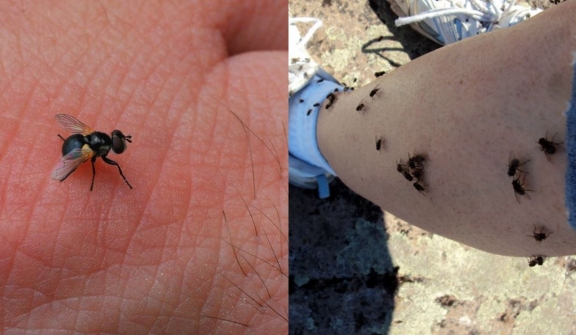
Many people dislike flies more than mosquitoes because although they do not bite, they persistently try to land on humans, causing discomfort.
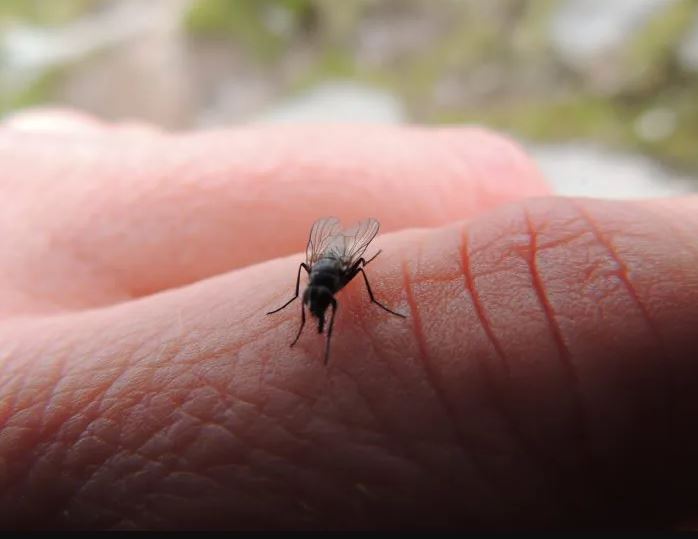
Have you ever wondered why flies like to land on humans even though they don't pierce our skin to suck blood like mosquitoes?
Flies are creatures that are always present in human life, and we have to tolerate them as we cannot eliminate them.
Often, in places with many flies, despite swatting them away, within a few moments, we helplessly realize that the swarm of flies has settled on our hair, face, hands, and feet.
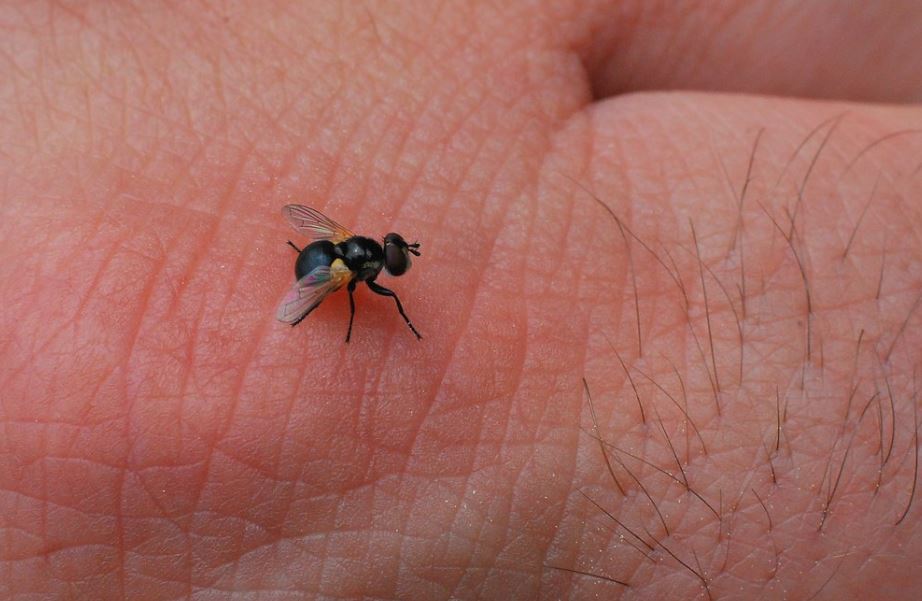
Flies have very soft mouths and a lot of flesh, similar to sea foam. When they land on you and touch your skin, they do not bite but instead feed on secretions on the skin. They are attracted to sweat, proteins, carbohydrates, salts, sugars, and other chemicals, as well as the continuous shedding of dead skin cells in the human body.
According to Sohu, some reasons below explain why flies like to land on humans:
The smell of humans is highly appealing to flies. Flies rely on their sense of smell to find food, and the scent emitted by the human body is similar to the fragrance of delicious food to.
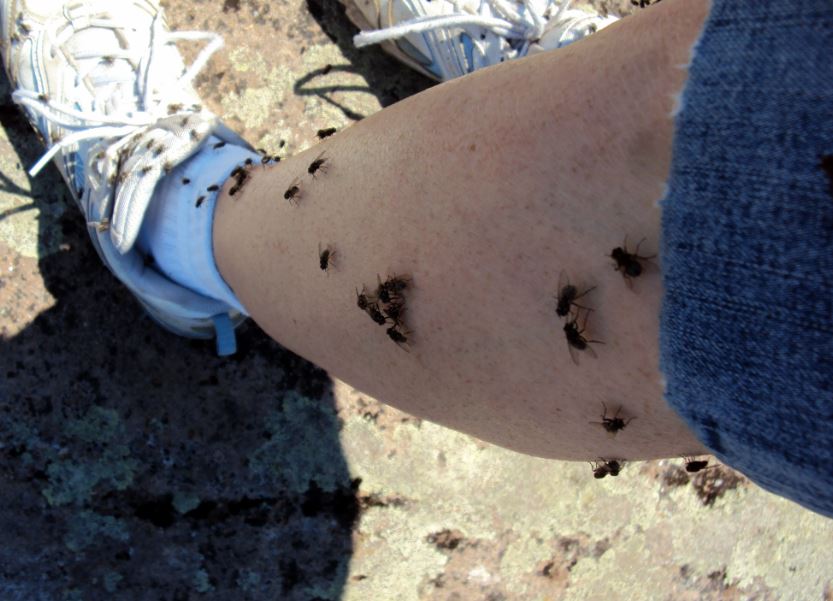
Sweat contains a lot of greasy substances and trace elements, which are fly delicacies. Flies also need nutrients such as amino acids, proteins, and sugars found in sweat. This particular fluid has a distinctive odor that flies can easily detect, which is why flies like to land on human bodies.
Flies land on human bodies and other things within their sight because they continuously search for a warm and comfortable place to "go to the bathroom" and lay eggs. Their habit of defecating everywhere turns flies into intermediate carriers of infectious diseases, ranging from typhoid fever to tuberculosis.
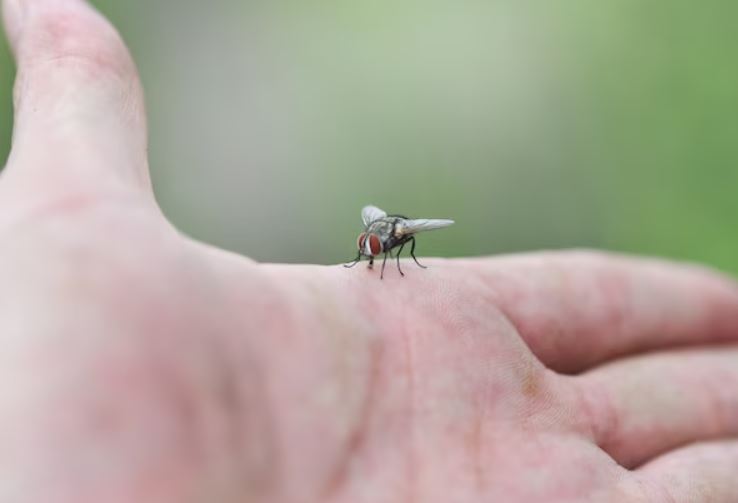
Flies are carnivorous creatures. They enjoy rotten food and carbohydrates for their growth and reproduction. When they land on a human body, they might be searching for their next food source.
Although flies do not bite or suck blood when they land on humans, they can still transmit disease-causing pathogens from one person to another and introduce pathogens from the environment into the human body through food and water. Therefore, it is essential to control and prevent flies to protect our health.
Pathogens from spoiled food, feces, dead animals, etc., cling to the legs and around the mouth of flies. When they land on human skin, they transmit bacteria and viruses that can cause diseases. To prevent the spread of fly-borne pathogens, you need to:
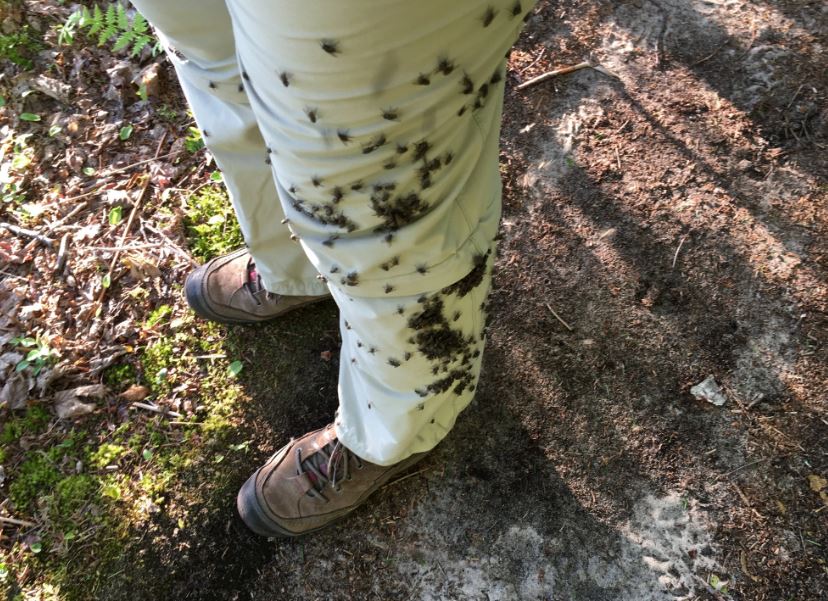
Ensure that your home and office environment is clean, and make sure the kitchen and dining areas are free of garbage and leftover food.
These types of products can effectively repel flies and prevent them from invading your living area.
Consider using electronic fly swatters or other devices that can deter flies. These devices help save time in getting rid of these annoying insects from your home




